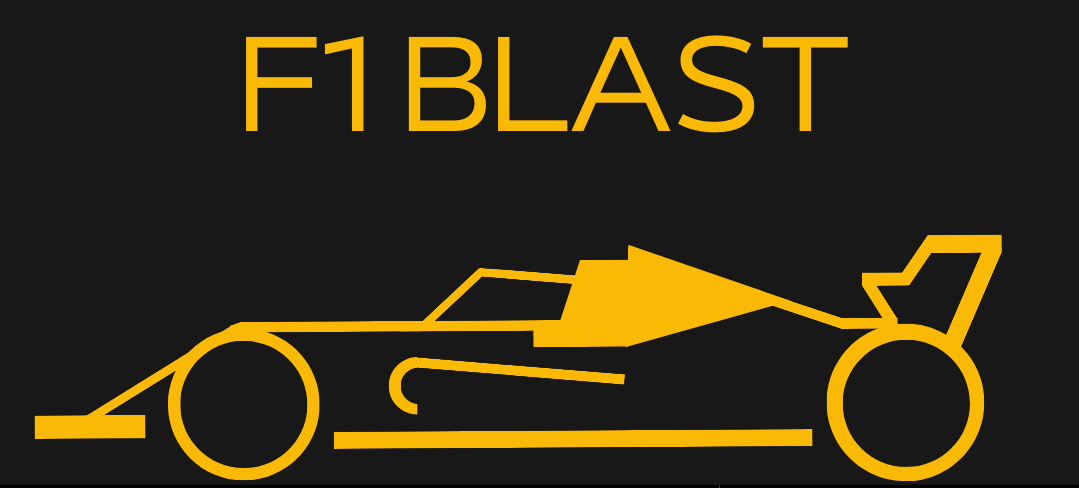The Porsche Name
When it comes to the world of motorsport, the name Porsche is synonymous with excellence, precision, and innovation. The history of Porsche in F1 is a testament to the brand’s relentless pursuit of perfection on and off the track. From its humble beginnings in the 1930s to its triumphant moments in the 1950s and its foray into Formula 1 in the 1960s, the story of Porsche in F1 is a storied one.
Early Beginnings: Porsche’s Motorsport Origins (1930s)
The roots of Porsche in F1 were started by the motorsport prowess that can be traced back to the 1930s when Ferdinand Porsche founded the company that bore his name. The man behind the iconic Volkswagen Beetle, Ferdinand Porsche, had a keen interest in designing and building high-performance cars that could compete on the racetrack.
In 1934, Porsche unveiled the Type 60, the prototype for what would later become the Volkswagen Beetle. The success of the Type 60 laid the foundation for Porsche’s foray into motorsport, as the company began to develop race cars that would showcase its engineering prowess on the track.
One of the earliest motorsport successes for Porsche came in the 1950s with the introduction of the 550 Spyder. The 550 Spyder was a lightweight, nimble sports car that quickly became a force to be reckoned with on the race circuit. The 550 Spyder’s success in endurance racing paved the way for Porsche to establish itself as a force not to be underestimated in motorsport.
Post-War Success: Porsche’s Motorsport Activities (1950s)
The post-war era saw Porsche solidify its position as a motorsport powerhouse, with a string of successes in various racing categories. The 550 Spyder continued to dominate the competition, winning races and championships across Europe and the United States.
One of Porsche’s most notable achievements in the 1950s was its victory at the 1956 Targa Florio, an arduous endurance race held on the mountainous roads of Sicily. The win solidified Porsche’s reputation as a manufacturer of high-performance sports cars and set the stage for its future success in motorsport. The success in Targa Florio has been so significant for the Porsche brand, that during the International Motor Show in Frankfurt in September 1965, they’ve presented their new model, Porsche Targa, which is continue to this day.
Porsche’s First Foray into Formula 1 (1961-1962)
In the early 1960s, Porsche made its first foray into F1, the pinnacle of motorsport. The company entered the championship as a constructor, fielding its own cars powered by the new Type 753 flat-eight engine. Porsche’s first Formula 1 car, the 804, made its debut in 1962.
The 804 showed promise early on, with victories in non-championship races and competitive showings in the World Championship. However, Porsche’s F1 campaign was short-lived, as the company shifted its focus to other racing categories in the years that followed.
The Shift to Engine Manufacturing (1980s-1990s)
While the history of Porsche in F1 as a constructor was rather short, the company remained active in motorsport as an engine supplier. In the 1980s and 1990s, during the turbo era, Porsche developed a reputation for building high-performance engines that powered championship-winning cars in various racing series.
One of Porsche’s most successful partnerships during this period was with McLaren in the World Sportscar Championship and later in Formula 1. The Porsche-powered McLaren Formula 1 cars dominated the competition, giving Alain Prost and Niki Lauda World Drivers Championship titles, winning multiple championships and cementing Porsche’s legacy as a premier engine manufacturer in motorsport.
Decline and Exit from Formula 1
Despite its success as an engine supplier, the story of Porsche in F1 eventually came to an end in the late 1990s. The decision to exit the championship was part of a strategic shift for the company, as it refocused its efforts on developing road cars and expanding its presence in other racing categories.
Porsche’s exit from Formula 1 marked the end of an era for the company in the pinnacle of motorsport. While its time in Formula 1 may have been brief, Porsche’s legacy as a manufacturer of high-performance cars and engines continues to inspire generations of motorsport enthusiasts.
Legacy and Future Prospects
The legacy of Porsche in Formula 1 is a storied one, filled with triumphs and challenges that have shaped the company’s identity as a motorsport powerhouse. While Porsche may no longer be a fixture on the Formula 1 grid, the brand’s commitment to excellence and innovation lives on in its road cars and other racing endeavors.
Looking to the future, Porsche continues to push the boundaries of performance and technology, developing cutting-edge electric and hybrid vehicles that are poised to revolutionize the automotive industry. Whether on the track or on the road, Porsche’s legacy in Formula 1 will always be remembered as a testament to the brand’s relentless pursuit of perfection.
Conclusion
In conclusion, the history of Porsche in Formula 1 is a fascinating journey that spans decades of innovation, success, and perseverance. From its early beginnings in the 1930s to its triumphs in the 1950s and its foray into Formula 1 in the 1960s, Porsche’s legacy in motorsport is one of excellence and achievement. While the company may no longer be a presence in Formula 1, its impact on the sport and the automotive industry as a whole is undeniable.


13 Comments